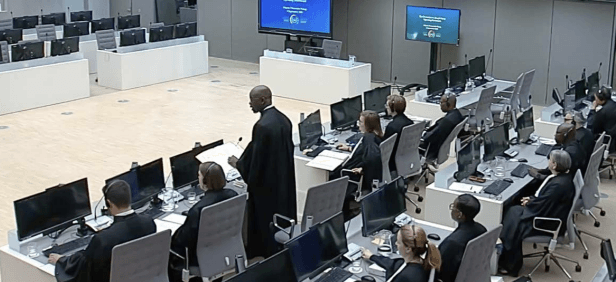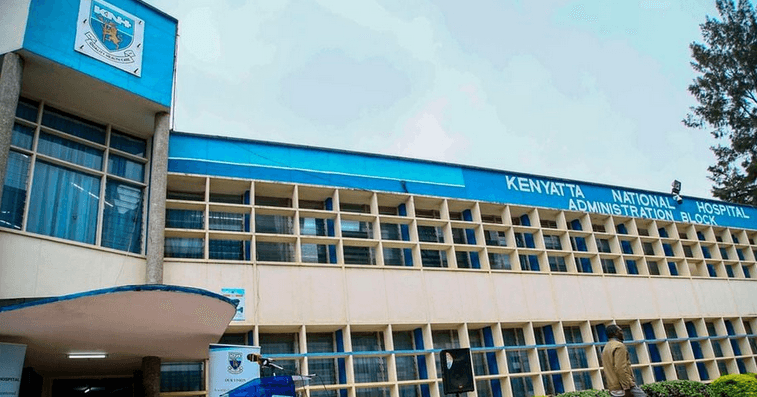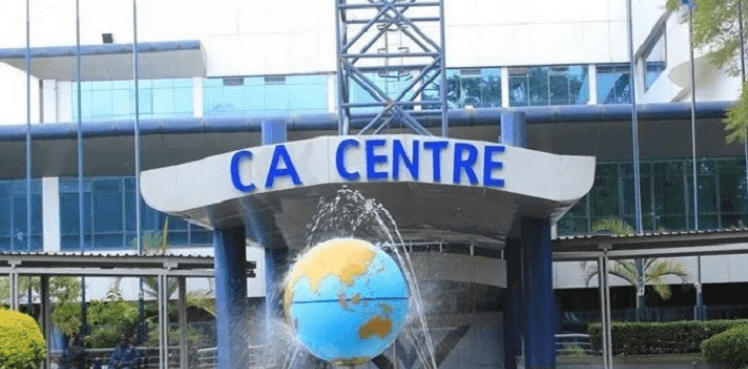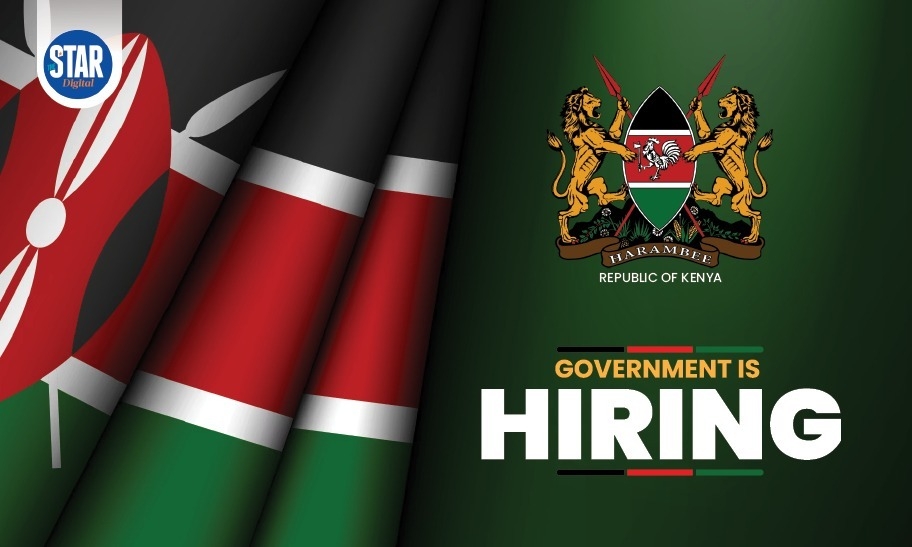
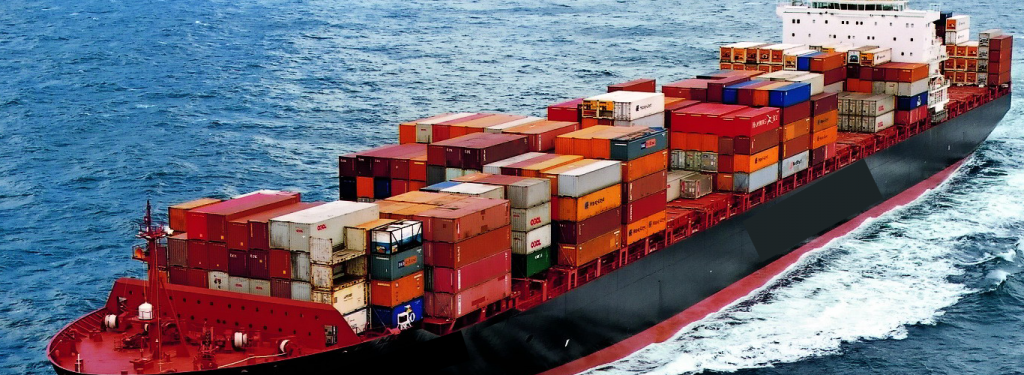
In the vast blue expanse of the global maritime industry, Kenya stands at a critical crossroads.
The issuance of Seafarers' Identity Documents (SID) is not merely a bureaucratic formality but a vital lifeline for thousands of maritime professionals who form the backbone of our nation’s maritime economy.
The current delays in processing these essential documents are more than an inconvenience—they are a direct threat to Kenya’s maritime potential and the livelihoods of our seafaring citizens.
Kenya’s maritime sector is a cornerstone of our national economy, contributing significantly to our GDP and
providing employment to thousands
of skilled workers
Each day of delay in
issuing Seafarer Identity Documents
represents lost opportunities, missed
contracts, and potential economic
setbacks.
In an increasingly competitive global maritime market, our seafarers cannot afford to be sidelined by administrative inefficiencies.
The International Maritime Organization (IMO) and International Labor Organization (ILO) have established clear guidelines for seafarer documentation.
These documents are not just pieces of paper; they are passports to global opportunities, ensuring the safety, rights, and professional mobility of maritime workers.
By failing to expedite the SID process, we are not only violating international maritime standards but also undermining the fundamental rights of our seafaring workforce.
The current bureaucratic bottlenecks in issuing Seafarer Identity Documents create multiple challenges: Delayed professional opportunities for maritime workers; Increased vulnerability to exploitation; Reduced competitiveness in the international maritime job market; and Potential loss of skilled maritime professionals to other countries with more efficient systems.
The government of Kenya must take immediate and comprehensive action: Implement a fully digital, streamlined application and processing system for Seafarer Identity Documents; Allocate additional personnel and resources to the maritime documentation department; Create clear, accessible guidelines for seafarers on document application and tracking; and Work closely with maritime training institutions, shipping companies, and international maritime organizations to understand and address documentation challenges.
Behind every delayed document is a human story—a young maritime professional unable to take a crucial job, a family waiting for economic stability, a dream deferred.
We cannot quantify the personal and professional toll of administrative inefficiency. Kenya has the potential to become a global maritime hub.
Our strategic location, skilled workforce, and maritime infrastructure provide a solid foundation.
However, this potential can only be realized if we remove bureaucratic barriers and support our seafaring professionals.
The writer is a Mombasa-based
maritime policy expert



